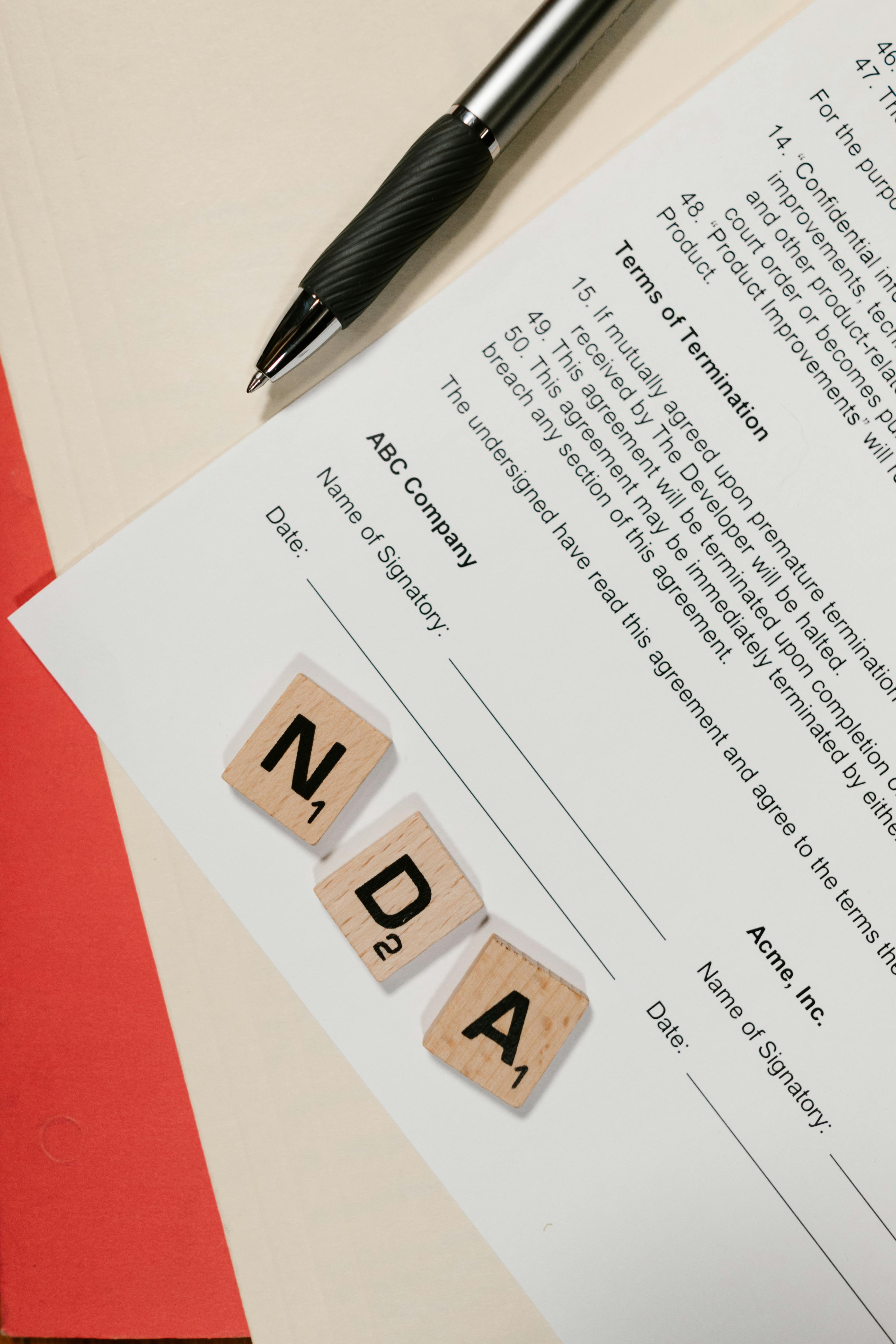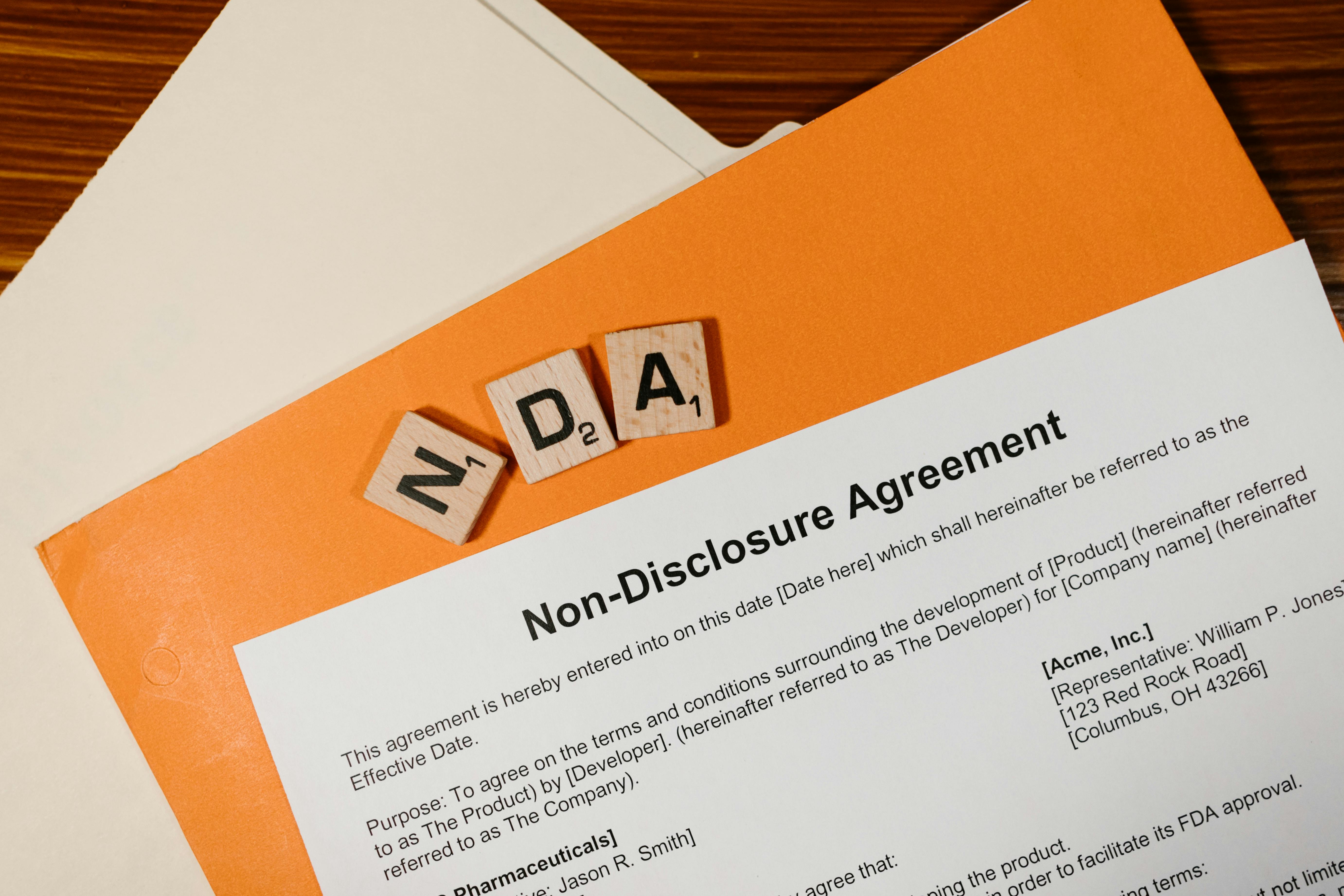What are common legal issues in businesses and how to avoid them?
Without anticipating potential legal issues, small business owners can easily become entangled in costly and time-consuming disputes. This is especially critical for small businesses, which often lack the financial resources or reputation to withstand legal battles.
Although legal challenges vary by industry and jurisdiction, this guide outlines the most common legal issues faced by businesses in Hong Kong and how to avoid them.
1. Business Structure
Choosing a business structure is often overlooked by new business owners, who prioritize customer drivers, trademarks, employees, or management. However, defining your business structure is a critical first step, impacting earning potential, taxes, personal liability, and overall success in a competitive market.
Common business structures in Hong Kong include:
Sole Proprietorship
A sole proprietorship is the simplest and most common business entity, where the business operates under the owner’s name. The owner has full control but is personally liable for all business obligations.
Sole proprietorships must register with the Inland Revenue Department (IRD) within one month of commencing operations. Registration is not accepted before business operations begin. Required documents include:
- Completed Form 1(a)
- Payment of business registration fee and levy
- Identity proof (Hong Kong ID for residents; passport or ID for non-residents)
Non-resident sole proprietors may need to provide additional information to confirm business commencement, as outlined in the IRD’s sample questions.
Failure to register incurs a fine of HK$5,000 and up to one year’s imprisonment. The business registration certificate must be renewed annually or every three years, depending on its validity period.
Partnership
A partnership involves two or more individuals creating a business to share profits, contributing capital, property, or skills. A written Partnership Agreement is recommended to prevent disputes. Customize a template here.
While the partnership itself is not a legal entity, partners are. Hong Kong recognizes general partnerships and limited partnerships, governed by the Partnership Ordinance (Cap. 38) and Limited Partnerships Ordinance (Cap. 37). Limited liability partnerships are exclusive to law firms.
Partnerships must register with the IRD, submitting:
- Completed Form 1(c)
- Business registration fee and levy
- Identity proof (Hong Kong ID or passport/ID for non-residents)
The registration timeline and penalties mirror those of sole proprietorships.
Limited Liability Partnership (LLP)
Unlike general partnerships, LLPs limit a partner’s liability for others’ wrongful acts. The partnership is a separate legal entity and must be registered.
Corporation
A corporation is a separate legal entity owned by shareholders, with limited liability. It requires directors, a company secretary, articles of association, and a registered office. Under the Companies Ordinance (Cap. 622), Hong Kong allows:
- Private companies limited by shares
- Public companies limited by shares
- Companies limited by guarantee without share capital
- Private unlimited companies with share capital
- Public unlimited companies with share capital
Company names must comply with the Guideline on Registration of Company Names. Private companies limited by shares are popular due to their separate legal status and limited shareholder liability. They must have at least one shareholder (up to 50) and one natural person director over 18.
Public limited companies are listed on the Hong Kong Stock Exchange, offering shares publicly with stricter compliance requirements. Companies limited by guarantee, common for charities, limit member liability to a contribution amount specified in the articles.
To register a private limited company, provide:
- Form NNC1 (for companies limited by shares) or Form NNC1G (not limited by shares)
- Articles of association
- Notice to the business registration office (IRBR1)
Learn more about registration in How do I register a company in Hong Kong?. For pros and cons of each structure, see What are sole proprietorships, partnerships, and limited companies?.
Business structures can be changed later, but proper setup from the start is crucial.
2. Employee Issues
Employees are integral to businesses, but they can pose various legal risks.
Classification
Accurately classify employees as full-time, part-time, or independent contractors to determine employment contract terms and entitlements like minimum wage or overtime. Misclassification can lead to legal disputes. Learn more in Employee, Sole Proprietor, Independent Contractor, Freelancer: What’s the difference?.
Termination
Terminating an underperforming employee requires care to avoid wrongful or unfair dismissal lawsuits. Mitigate risks by drafting a Notice of Termination, stating reasons, and providing sufficient notice.
Under the Employment Ordinance (Cap. 57) (EO), termination can be:
1. Getting Fired – Summary Dismissal
Summary dismissal (without notice or payment) is permitted if an employee:
- Wilfully disobeys lawful orders
- Engages in misconduct
- Commits fraud or dishonesty
- Habitually neglects duties
- Or in other common law scenarios
Summary dismissal is reserved for serious misconduct (e.g., assault) and requires the employer to justify it if challenged.
2. Redundancy / Layoff
Redundancy occurs when:
- The business ceases or plans to cease operations
- The business ceases in the employee’s workplace
- The need for the employee’s role diminishes
Layoffs occur when an employee, dependent on employer-provided work, receives insufficient work for:
- Half of normal working days in four consecutive weeks
- One-third of normal working days in 26 consecutive weeks
Exclusions include lock-out days, rest days, annual leave, and holidays. The EO mandates severance pay for certain redundancy/layoff cases. Learn more in What is severance payment?.
Discrimination
Discrimination claims, often based on race, gender, age, or ethnicity, can damage your brand and incur legal costs. The Equal Opportunities Commission enforces four anti-discrimination ordinances:
- Sex Discrimination Ordinance (Cap. 480)
- Disability Discrimination Ordinance (Cap. 487)
- Family Status Discrimination Ordinance (Cap. 527)
- Race Discrimination Ordinance (Cap. 602)
These prohibit discrimination based on sex, marital status, disability, race, pregnancy, breastfeeding, or family status, but not age, religion, or sexual orientation. Prohibited acts include:
- Direct Discrimination: Treating someone less favorably due to a protected attribute
- Indirect Discrimination: Applying a condition that adversely affects a group with a protected attribute
- Victimisation: Penalizing someone for alleging discrimination or complaining under these ordinances
- Harassment: Sexual, disability, or racial harassment
Implement anti-discrimination policies, grievance procedures, and a discrimination-free workplace. If faced with a complaint, see What should I do if my employee has made a complaint of unlawful discrimination?.
Health & Safety
Workplace injuries can lead to lawsuits, so prioritize health and safety across industries. The Occupational Safety and Health Ordinance (Cap. 509) (OSHO) requires employers to ensure employee safety and health, including safe environments and staff training.
Non-compliance allows employees to terminate without notice if they fear uncontemplated physical danger (e.g., disease) and is an offense, punishable by a HK$200,000 fine and up to 12 months’ imprisonment. Adopt a health and safety policy to prevent injuries and illnesses.
Information Sharing
When sharing confidential information with partners, employees, or contractors, use a Non-Disclosure Agreement (NDA). Learn more in What is an NDA and when do I need one?.
Foreign Workers
Hong Kong encourages hiring locals, but foreign workers can be employed with valid work visas. There’s no quota on employment visas. The minimum employment age is 18, though students aged 16-17 can work under conditions outlined in Can I hire students?.
3. Intellectual Property
Intellectual property (IP) includes trademarks, patents, patents, copyrights, designs, and trade secrets. Failing to register IP risks losing ownership, while using unregistered marks or rights can lead to lawsuits. Protect your IP as follows:
- Copyright: Protects original works (e.g., books, songs) under the [Copyright Ordinance (Cap. 528)](https://www.elegislation.gov.hk Medved/4/6). It covers nine categories (e.g., literary, artistic works) and requires no registration, lasting 50 years post-creator’s death (with exceptions). Use a copyright notice and license via a written agreement](https://hire.legal/document/template-copyright-licence-agreement).
- Trademark: Protects marks distinguishing products/services, governed by the Trade Marks Ordinance (Cap. 559). Register with the Trade Marks Registry for exclusive rights and protections. Registration lasts 10 years, renewable. License via a trademark license agreement. See What is the process for registering a trademark?.
- Patent: Grants exclusive rights to inventions under the Patents Ordinance (Cap. 514). Register standard or short-term patents for new, inventive, and industrially applicable inventions. Learn more in How can I apply for a patent?.
- Registered Design: Protects product aesthetics under the Registered Designs Ordinance (Cap. 522). Designs must be new and materially significant. Register to prevent copying, as detailed in How can I register a design?.
4. Shareholder Disputes
Shareholder disputes can lead to business failure. A Shareholders’ Agreement, governed by the Companies Ordinance (Cap. 622) and common law, prevents disputes by defining:
- Shareholder rights and responsibilities
- Company management
It’s essential during business sales or splits, minimizing misunderstandings. It addresses key management issues beyond statutory provisions but not daily operations.
Summary
Key legal issues for new businesses include business structure, employee issues, data privacy, intellectual property, and shareholder relations. Proactive planning reduces legal risks and sets your business up for success.
Please note that this is a general summary of the position under the Laws of Hong Kong SAR and does not constitute legal advice.







